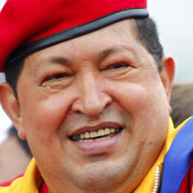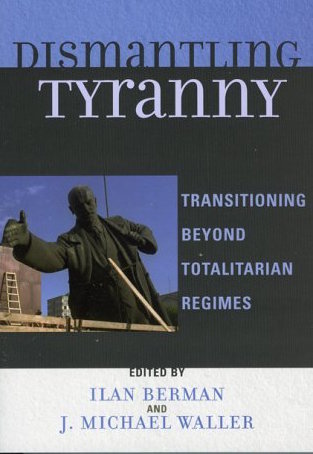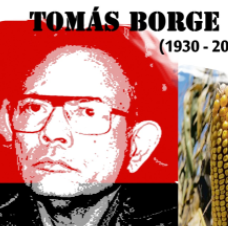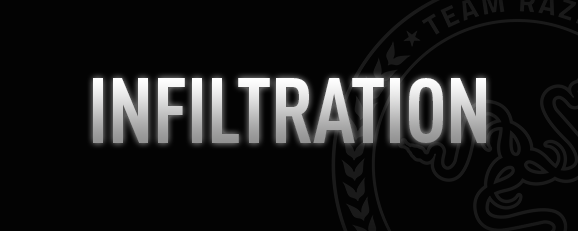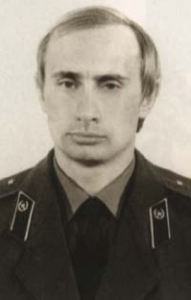Mexico’s glass house: How the Mexican constitution treats foreign residents, workers, and naturalized citizens
by J. Michael Waller / Occasional Paper / Center for Security Policy, April 2006 Every country has the right – and duty – to restrict the quality and quantity of foreign immigrants entering or living within its borders. If American policymakers are looking for legal models on which to base new laws restricting immigration and … Read more

